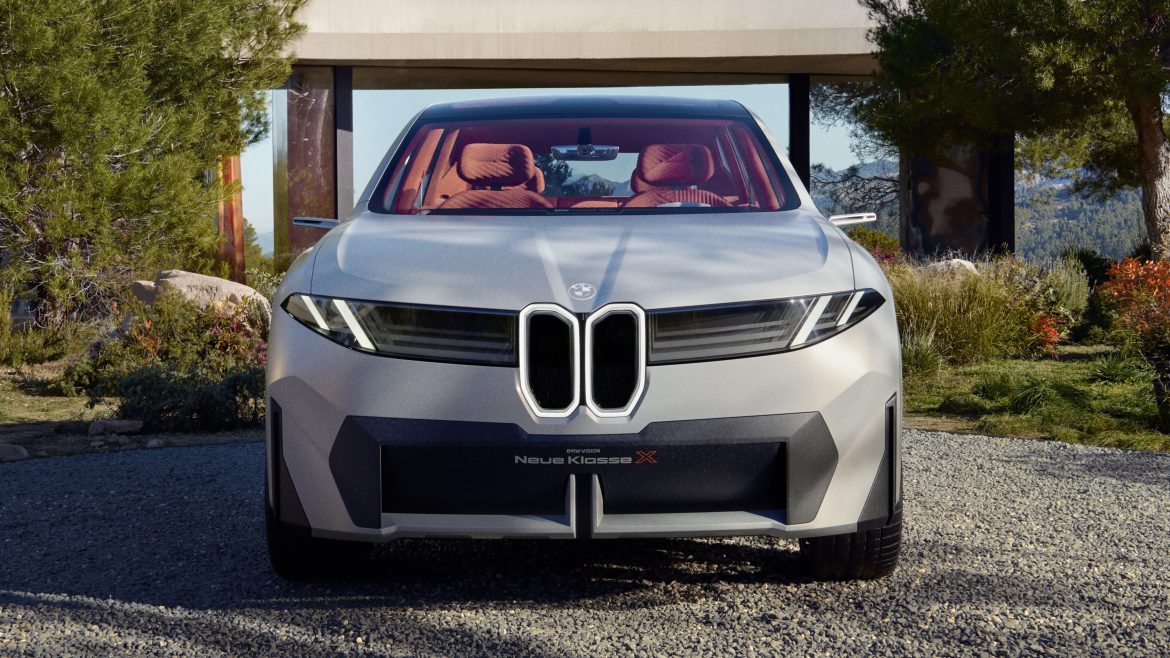A recent study by Cox Automotive forecasts a significant increase in electric vehicle (EV) consideration and adoption in the United States, particularly from the latter half of this decade. The 2024 Path to EV Adoption Study provides insights into the current market dynamics and the anticipated trends in EV purchasing behaviour.
Current state of EV consideration
According to the study, nearly half of today’s vehicle shoppers are not considering EVs, classifying them as “Skeptics.” These Skeptics currently prefer vehicles powered by traditional internal combustion engines. However, the study predicts a substantial shift in this group’s stance towards EVs over the next few years.
Isabelle Helms, Vice President of Research and Market Intelligence at Cox Automotive, explained, “While we’ve seen EV sales growth slow and consideration dip, we believe this is part of a normal growth curve and not the end of the story. We remain optimistic about the long-term future of EV sales in America.”
Technological advancements and infrastructure improvements
The study identifies several key factors driving this anticipated change. Improved technology, expanded charging infrastructure, and moderating prices are expected to convert 54% of current Skeptics into EV Considerers within three to five years. Over the next decade, this number is projected to rise to 80%.
Last year, EV sales in the U.S. surpassed 1 million units for the first time, despite a recent dip in consideration rates. The slowing growth in EV sales and consideration is viewed as part of the market’s natural evolution, rather than a long-term decline.
Barriers to EV adoption
The study reveals that current market Skeptics are primarily concerned with the lack of charging stations, while those already considering EVs cite high prices as the main deterrent. These concerns are expected to be addressed through technological advancements and infrastructural improvements.
Research suggests that by 2026-2028, 79% of vehicle shoppers will be considering an EV, with this figure increasing to 90% by 2033. As these barriers diminish, the overall consideration for EVs is predicted to rise significantly.
Demographic shifts in EV market
Cox Automotive’s study also indicates a demographic shift in the EV market, with increasing interest from more diverse and less affluent groups. Currently, EV ownership is dominated by luxury and high-earning households, but this is expected to change.
The study shows that EV consideration among Gen Z, multicultural, and less-affluent shoppers is on the rise. Furthermore, there is a notable increase in the consideration of used EVs. In 2021, 62% of EV Considerers were looking at used models, a figure that has now grown to 77%.
Brand awareness and market dynamics
Tesla remains the most considered EV brand, but other mainstream brands are gaining traction. The report highlights increased awareness and consideration of EVs from brands like Toyota, Hyundai, and Kia since 2021. Ford is noted as the most-considered EV maker apart from Tesla.
However, the study points out that a significant portion of vehicle shoppers are not aware of EV offerings from other major automakers. For instance, only 33% of in-market vehicle shoppers are aware of EV models from Nissan, despite its early involvement in the U.S. EV market.
Dealer and automaker relationships
The study also examines the evolving relationship between dealers and automakers in the context of EV sales. Since 2019, this partnership has become more strategic and balanced, with increased support for marketing, sales, and service.
Dealers report higher levels of support but also express a need for additional resources beyond training. Increased EV incentives, free maintenance programs, and additional advertising funds are among the resources dealers seek. There is also a growing sense of urgency, with 65% of dealers feeling pressure from automakers to meet EV sales targets, up from 39% in 2019. This pressure is more pronounced among luxury dealers.
Commitment to EV infrastructure investment
Despite the challenges, dealers are showing a strong commitment to investing in EV infrastructure. According to the study, 86% of franchised dealers are likely or somewhat likely to continue making the required investments. This commitment indicates a collaborative effort to accelerate EV adoption.
The 2024 Path to EV Adoption Study by Cox Automotive assessed the current landscape and future prospects of EV adoption in the United States. Conducted in Q1 2024, the study included a nationally representative sample of 2,557 American vehicle shoppers and 526 dealers. It aimed to capture a broad spectrum of demographic variables, including age, income, geographic location, and current vehicle ownership, to provide a comprehensive overview of the American consumer base.
The findings from Cox Automotive’s 2024 Path to EV Adoption Study suggest a promising future for electric vehicles in the United States. While the market currently faces challenges in terms of infrastructure and pricing, the expected technological advancements and increased support from automakers and dealers are likely to drive a significant shift in consumer consideration towards EVs. By the end of this decade, a majority of today’s Skeptics are projected to become active EV Considerers, marking a substantial transformation in the automotive landscape.



